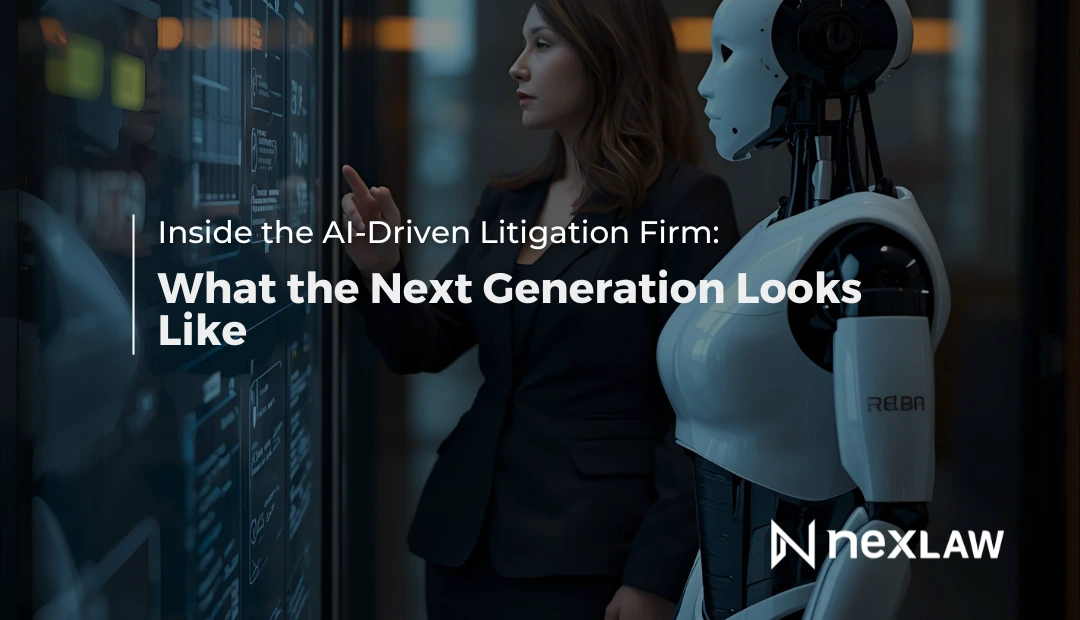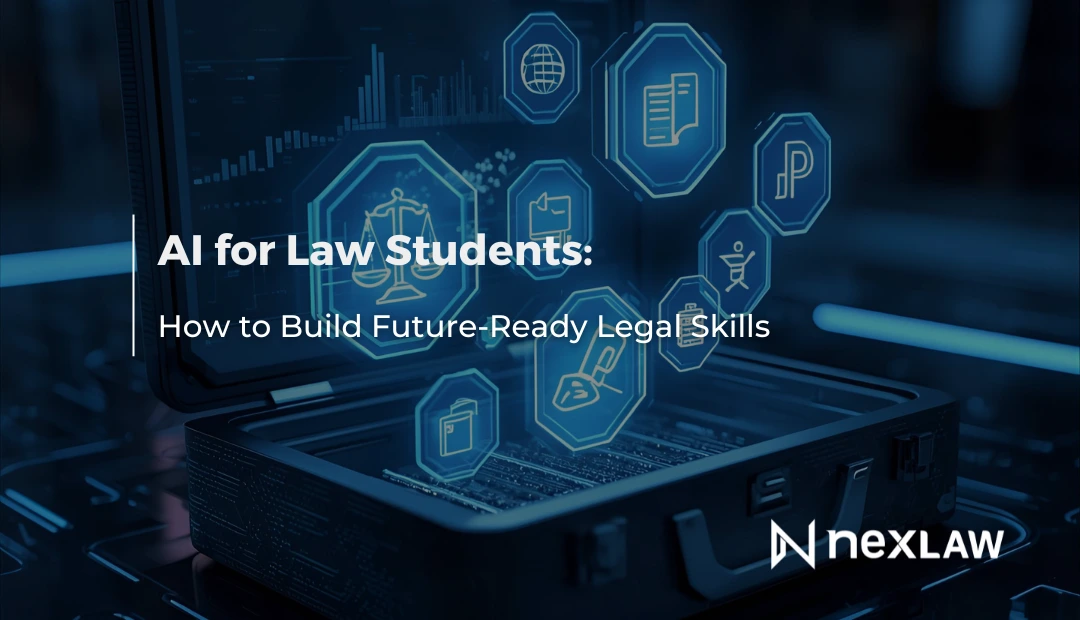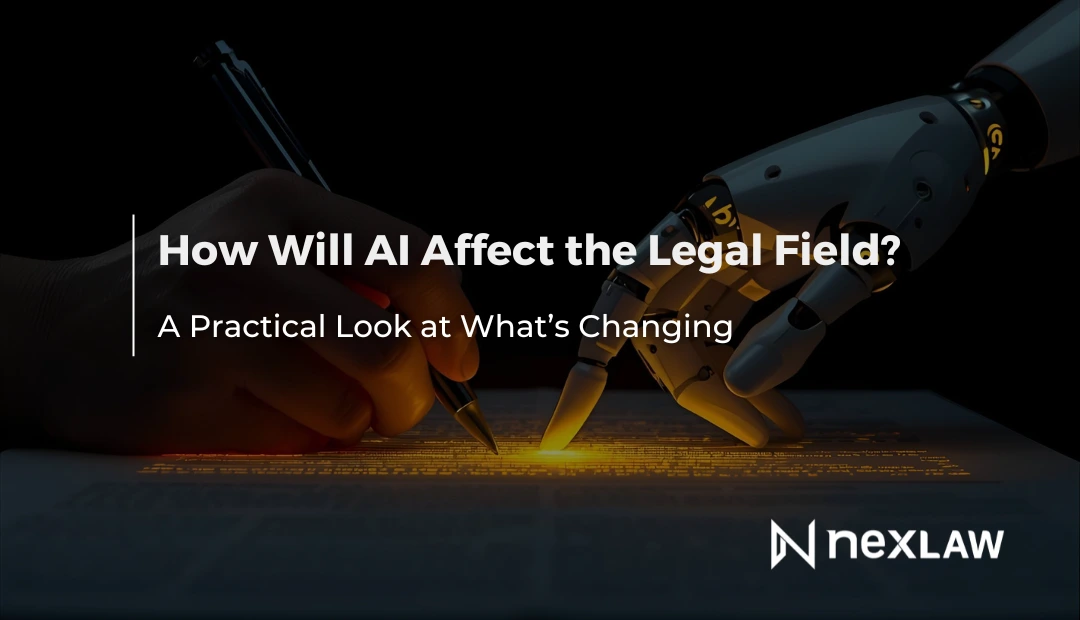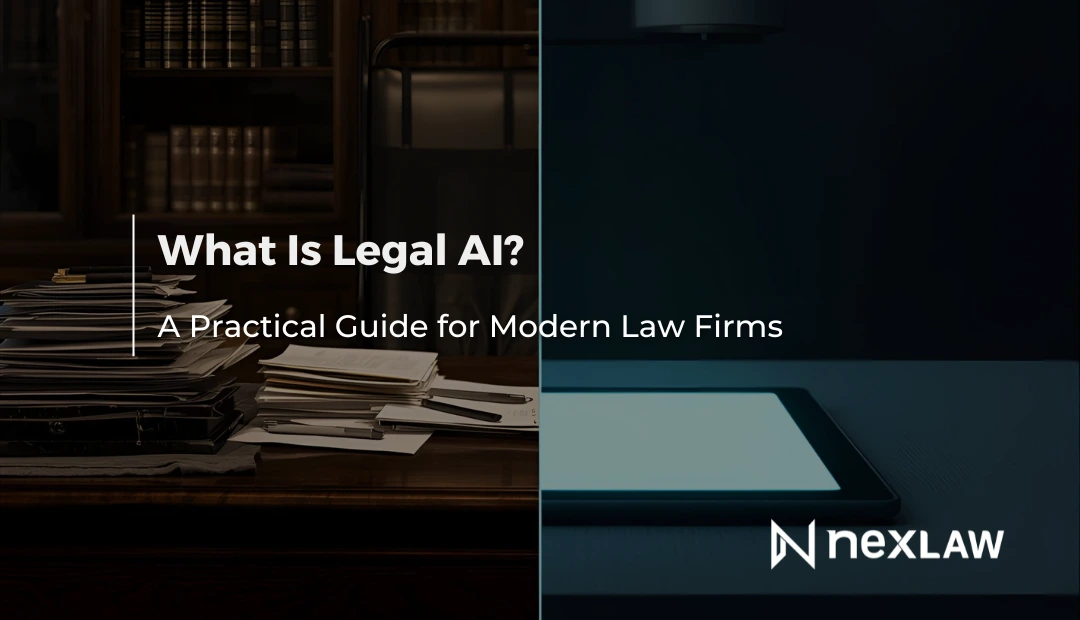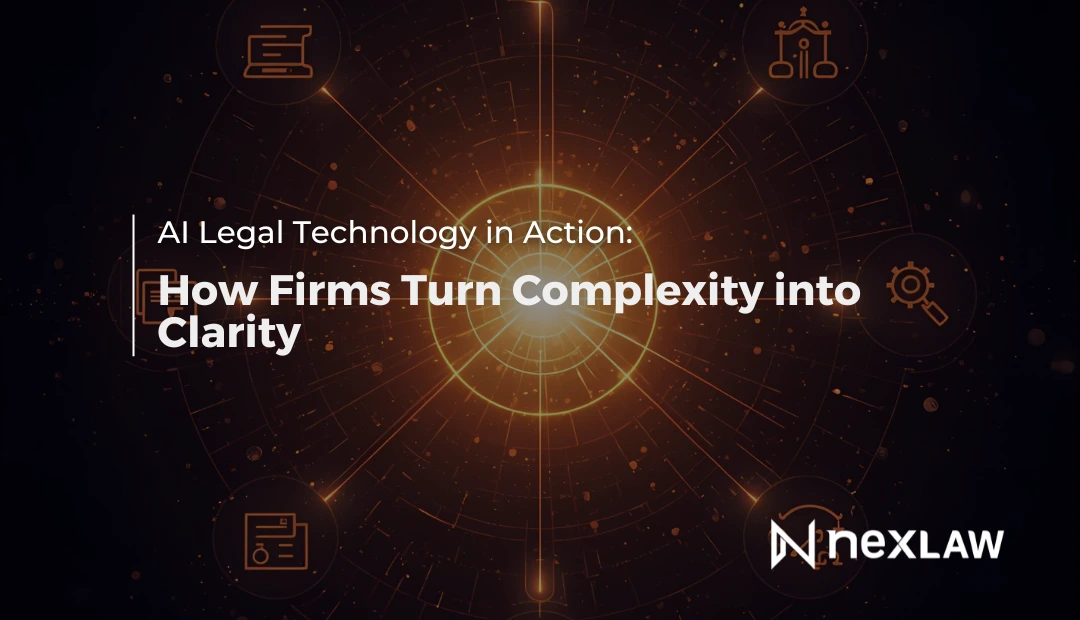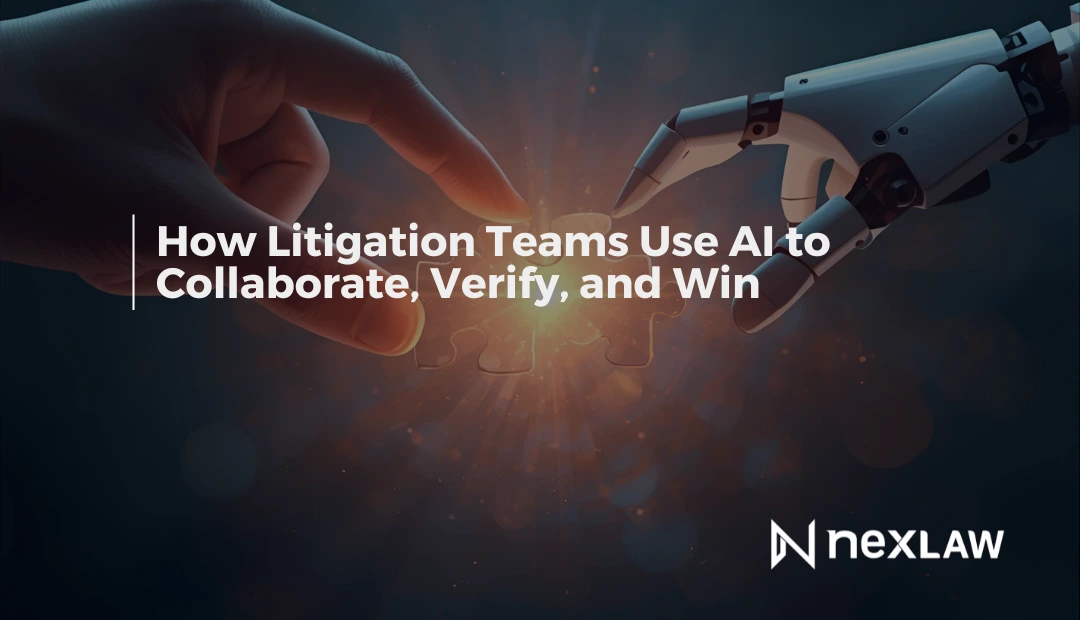Inside the AI-Driven Litigation Firm: What the Next Generation Looks Like
Across the United States, a new kind of litigation firm is emerging—one that blends human expertise with artificial intelligence. These firms are not just automating routine work; they are reinventing how legal teams collaborate, analyze evidence, and build arguments that win cases.
Unlock Legal Insights Instantly!
AI-driven litigation is no longer the future. It is the present. The firms adopting it now are setting new standards for speed, accuracy, and client service that traditional firms are struggling to match.
The Shift from Traditional to AI-Powered Litigation
Traditional litigation relied heavily on manual workflows: stacks of discovery files, long nights of document review, and weeks of drafting. The result was reliable but inefficient. In contrast, AI litigation firms operate differently. They build systems where data, arguments, and insights move fluidly between lawyers and technology. Every case becomes an intelligent workflow.
Before AI:
- Research spread across multiple databases
- Evidence stored manually across teams
- Arguments built through disconnected drafts
After AI:
- Deep research handled through NeXa with verified citations
- Evidence linked automatically in ChronoVault 2.0
- Trial strategies developed collaboratively in TrialPrep
The transformation is not just operational. It changes how lawyers think, plan, and advocate.
What Defines an AI Litigation Law Firm
Modern AI-powered firms share a few defining characteristics:
| Key Trait | Description | Impact on Litigation |
|---|---|---|
| Integrated Systems | AI tools connect research, drafting, and case management | Eliminates redundancy and improves workflow clarity |
| Human Oversight | Every AI output is verified by a licensed attorney | Ensures accuracy and ethical compliance |
| Auditability | Each step is tracked and traceable | Builds defensibility in court and transparency for clients |
| Collaborative Design | Teams share centralized case data | Improves coordination between paralegals, associates, and partners |
These firms are not replacing legal professionals. They are equipping them with systems that think alongside them.
Case Study Example: A Mid-Sized Firm Adopts Full AI Integration
A 45-attorney litigation firm in Chicago decided to pilot an AI integration project in early 2025. Their goal was simple: reduce time spent on discovery and motion drafting by half.
Implementation Process:
- The firm introduced NeXa for case research and first-draft generation.
- ChronoVault 2.0 was used to map thousands of documents to event timelines.
- TrialPrep became the central workspace for argument development and cross-examination prep.
Results after 90 Days:
- Motion drafting time reduced by 56 percent
- Discovery processing time reduced by 70 percent
- Average client turnaround improved by 38 percent
The firm now markets itself as a “hybrid litigation practice,” a term quickly gaining traction across the legal industry.
AI and Litigation Strategy: From Data to Argument
One of the biggest advantages of AI in litigation is its ability to turn unstructured information into clear narratives.
Consider how lawyers prepare for trial. They must synthesize discovery, witness statements, and precedent into one cohesive story. AI helps by identifying key linkages—the cause, effect, and consequence relationships that strengthen a case.
With TrialPrep, lawyers can visualize how every fact supports a specific claim. ChronoVault 2.0 keeps these facts connected to their original source, preventing citation errors and lost documents.
And NeXa ensures that supporting authorities are accurate and current.
Together, these tools create a research-to-argument workflow that is as fast as it is defensible.
The Competitive Edge: Measurable ROI
AI-driven litigation firms are not just faster—they are more profitable.
A recent 2025 LegalTech Benchmark Report found that firms using integrated AI systems:
- Handled 32 percent more cases per attorney
- Reduced non-billable hours by 41 percent
- Reported 25 percent higher client retention
When clients see that their attorneys use technology responsibly and transparently, trust increases. Many firms now cite their use of AI as a differentiator in client proposals and RFPs.
The Ethical Advantage
Critics once argued that AI would erode professional responsibility. Instead, the opposite has happened.
AI tools like NexLaw are built around transparency and compliance.
- NeXa provides citation trails for every AI suggestion.
- TrialPrep includes human-in-the-loop review checkpoints.
- ChronoVault 2.0 maintains a full audit trail that lawyers can present to courts or regulators.
These safeguards ensure that while technology accelerates work, lawyers remain fully accountable—a balance that aligns with ABA’s formal opinions on responsible AI use.
Why Clients Now Prefer AI-Ready Firms
Corporate clients, insurers, and public agencies now favor firms that demonstrate data-driven efficiency. They want measurable outcomes and transparent processes.
AI-powered litigation firms provide exactly that. Every piece of evidence, every citation, and every motion can be traced, verified, and explained. This level of visibility is quickly becoming a standard expectation in client relationships. Firms that cannot offer it risk falling behind.
Build Your AI-Driven Litigation Practice with NexLaw
Join the new generation of U.S. litigators building faster, smarter, and more ethical practices with NexLaw.
The platform integrates research, strategy, and evidence into one intelligent ecosystem.
- Start with NeXa to conduct verified legal research.
- Use TrialPrep to organize arguments and courtroom strategies.
- Manage your evidence with ChronoVault 2.0 to ensure traceability and compliance.
Ready to see how AI can elevate your firm?
- Begin your 3-day free trial—no credit card required
- Or book a demo call with our specialists to explore your workflow
